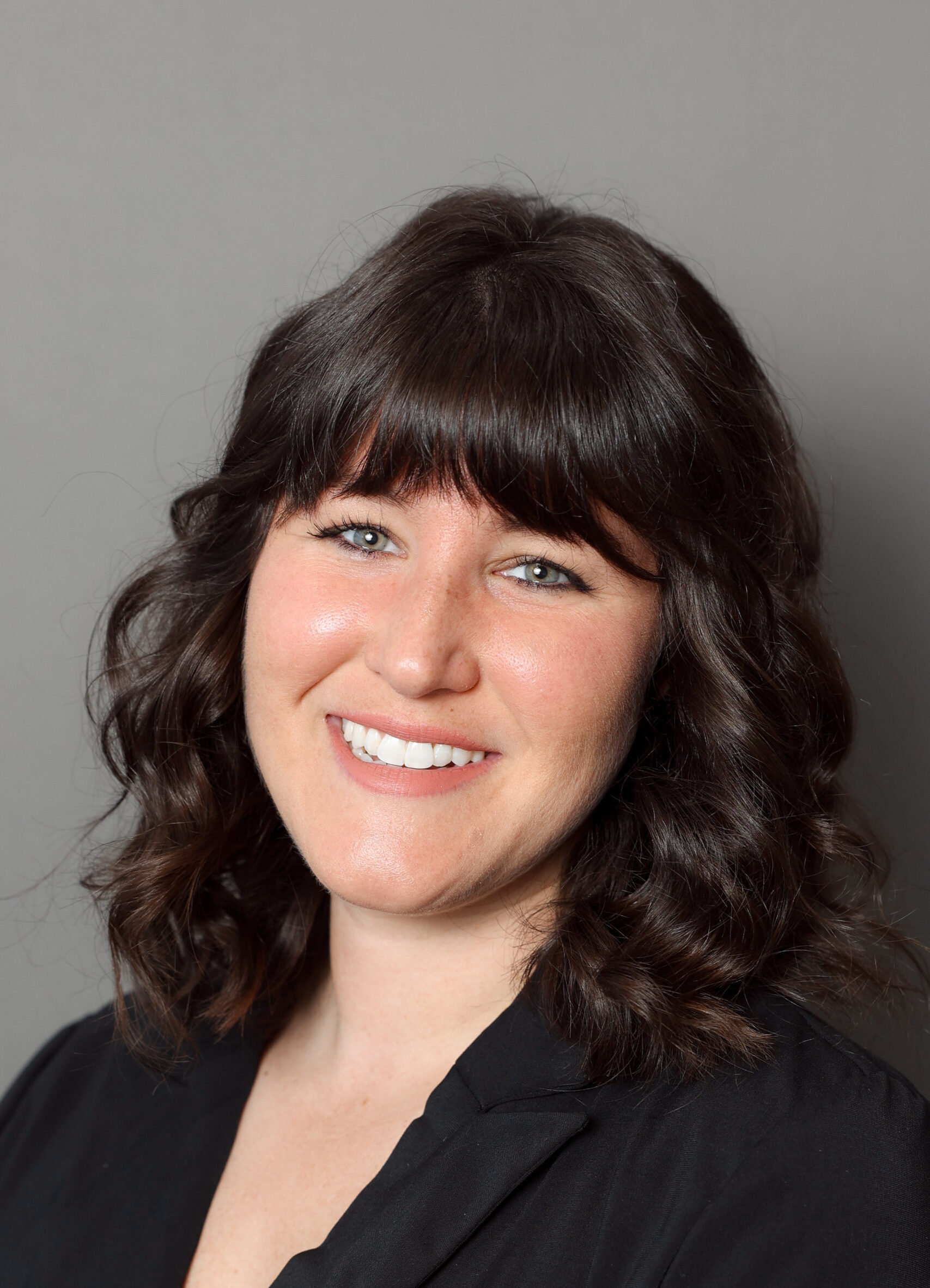Learning in the spirit of Earth Day

As I reflect on my first few months here at the Center for Disaster Philanthropy, I can’t help but appreciate the culture of unlearning and learning that is fostered internally and throughout the sector about innovative strategies that improve disaster giving.
With more frequent and intense disasters happening worldwide, we in philanthropy are constantly challenged to adopt equitable, local and long-term approaches.
A few years ago, I decided I wanted to learn how to snowboard. I grew up surfing and have skied several times – I figured I would be a natural. I am athletic and consider myself a quick learner, so as I lay in the snow after falling for the 200th time that day, I was confused about why I wasn’t catching on faster. I pondered whether snowboarding was the sport for me.
Trying new things – especially as an adult – can be hard and humbling. When kids are young, and they’re learning new skills, taking on new hobbies or beginning a new chapter of growth, people are at the ready to cheer them on. Young people get a lot of external rewards when they are beginning something new.
When we as adults embark on new ventures, challenge previously held beliefs and learn new habits, we must find internal motivation and patience to unlearn old behaviors and learn new approaches. We require a lot of grace from ourselves and others. Some of us don’t have many other adults standing around to cheer us on.
We at CDP are challenging previously held notions, unlearning traditional approaches and values, on which the aid system is built on. We’re constantly trying new ways to increase the effectiveness and impact of disaster giving for at-risk populations and disproportionately affected communities.
New and improved methods that focus on equity, prioritize localization and take the long-term view are important because disaster philanthropy continues to change. CDP’s approach evolves as:
- Weather events become more frequent and extreme because of climate change.
- The frequency and intensity of disasters and humanitarian crises increase.
- Climate change intensifies disasters and disproportionately affects marginalized populations due to unjust and inequitable systems.
When I started here, I almost felt like a kid again starting something new, with a whole team of people cheering me on and sharing tips and tricks. I met open-minded colleagues who are willing to challenge the status quo, unlearn and learn while supporting each other.
I wish the CDP team had been on the slope with me the day that I struggled to snowboard. I hope that our funders, clients and grantee partners feel a similar spirit, whether they are giving to our funds for the first time, engaging with our educational resources, or putting our funds to action by partnering and working with disaster-affected communities in the field.
In the spirit of learning and my favorite holiday (Earth Day), I challenge you to participate and learn something new with CDP:
- Learn about climate justice, what it means for disaster philanthropy and the urgent need to respond to climate change.
- Donate to our Disaster Recovery Fund or Global Recovery Fund to help communities rebuild stronger and prepare for future disasters.
- Read our Climate Change Issue Insight and learn about more extreme weather events.
